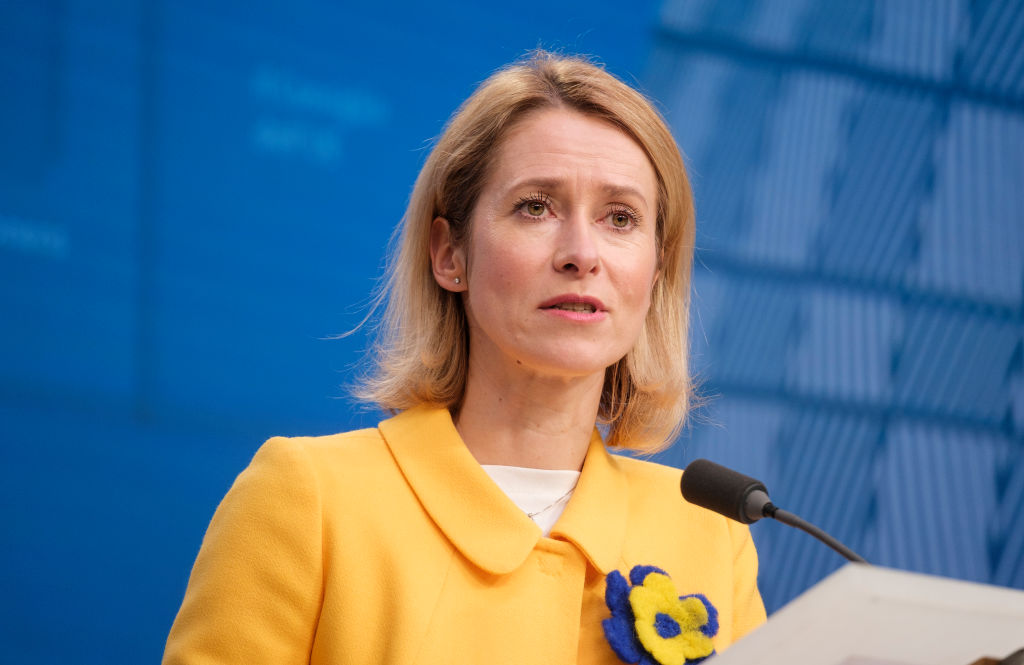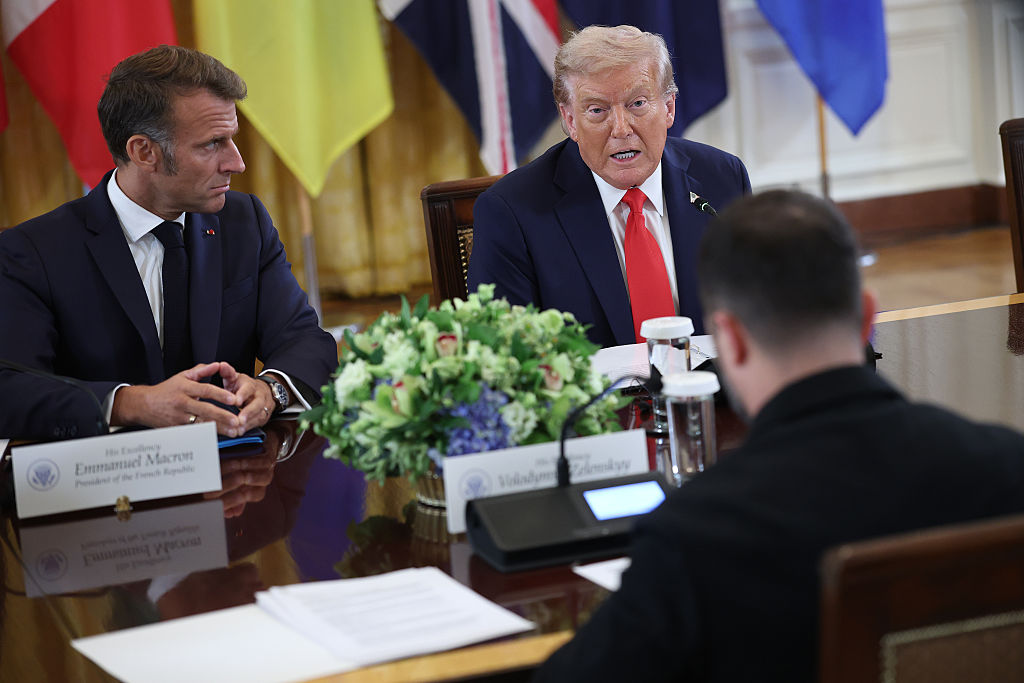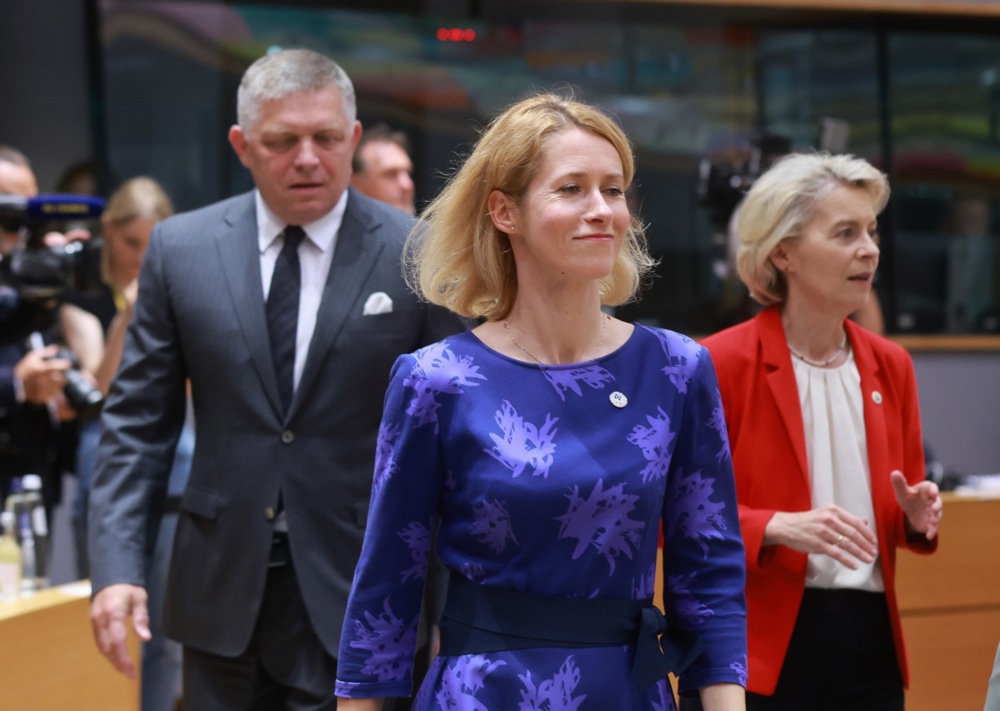EU foreign affairs chief Kaja Kallas has criticised the prospect of Russian President Vladimir Putin visiting Hungary for peace talks on Ukraine.
Speaking ahead of a gathering of European Union foreign ministers in Luxembourg yesterday, the Estonian diplomat declared it “not nice” to envisage a figure subject to an International Criminal Court (ICC) arrest warrant setting foot in an EU member state.
Talks of a possible visit by Putin came after an announcement by US President Donald Trump, who on October 16 revealed plans for a summit with Putin in Budapest “soon”.
The proposed venue — Hungary, under Prime Minister Viktor Orbán — has long been a thorn in the side of Brussels due to its perceived pro-Moscow leanings.
Orbán, a vocal critic of EU sanctions against Russia, has repeatedly positioned Hungary as a bridge to the Kremlin, even as the bloc advances its 19th sanctions package, expected for approval soon.
Kallas’ remarks highlight the legal and diplomatic quandary.
Putin has faced an ICC warrant since March 2023 for alleged war crimes involving the unlawful deportation of Ukrainian children from occupied territories.
Although Moscow dismisses the court’s jurisdiction, Hungary’s status as an ICC signatory complicates matters.
Budapest initiated withdrawal proceedings earlier this year, notably after hosting Israeli Prime Minister Benjamin Netanyahu despite his own indictment.
For now, Hungary remains bound by the Rome Statute until 2026, raising questions about enforcement should Putin arrive.
The potential visit, aimed at freezing the Ukraine conflict through US-Russia shuttle diplomacy, has elicited a chorus of condemnation from eastern European allies.
Lithuanian foreign minister Kęstutis Budrys was unequivocal: “The only place for Putin in Europe is The Hague, in front of the tribunal, not in any of our capitals.”
Ukrainian President Volodymyr Zelensky, meanwhile, expressed cautious openness to joining the talks if invited, although he lamented Budapest as the venue, suggesting alternatives such as Switzerland or Turkey.
“There were many other worthy options,” Zelensky noted, wary of Orbán’s antagonistic stance towards Kyiv.
French foreign minister Jean-Noel Barrot said Putin’s planned trip only made sense if it led to an immediate and unconditional ceasefire. The Dutch foreign minister David van Weel emphasised the importance of having negotiations in the first place.
Kallas tempered her criticism by welcoming Trump’s initiative, emphasising that US leverage could push Russia to the negotiating table.
“America has a lot of strength to pressure Russia … if they use that, then, of course, this is good if Russia stops this war,” she said.
She insisted, though, that any viable deal must involve direct dialogue between Zelensky and Putin, rather than sidelining Ukraine.





